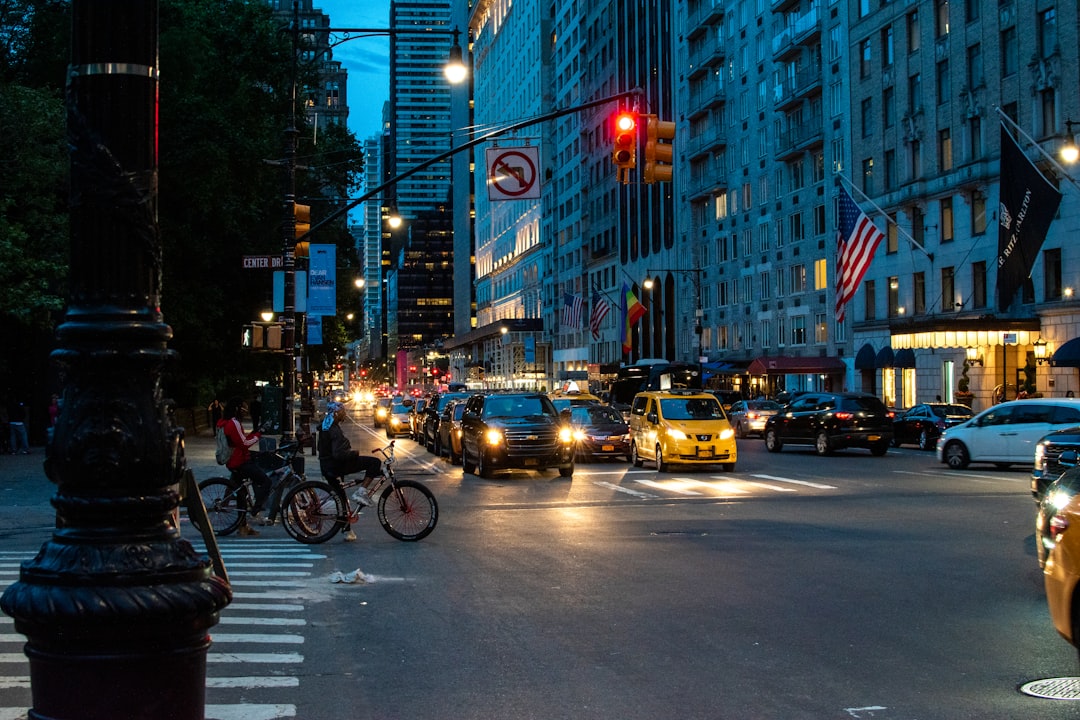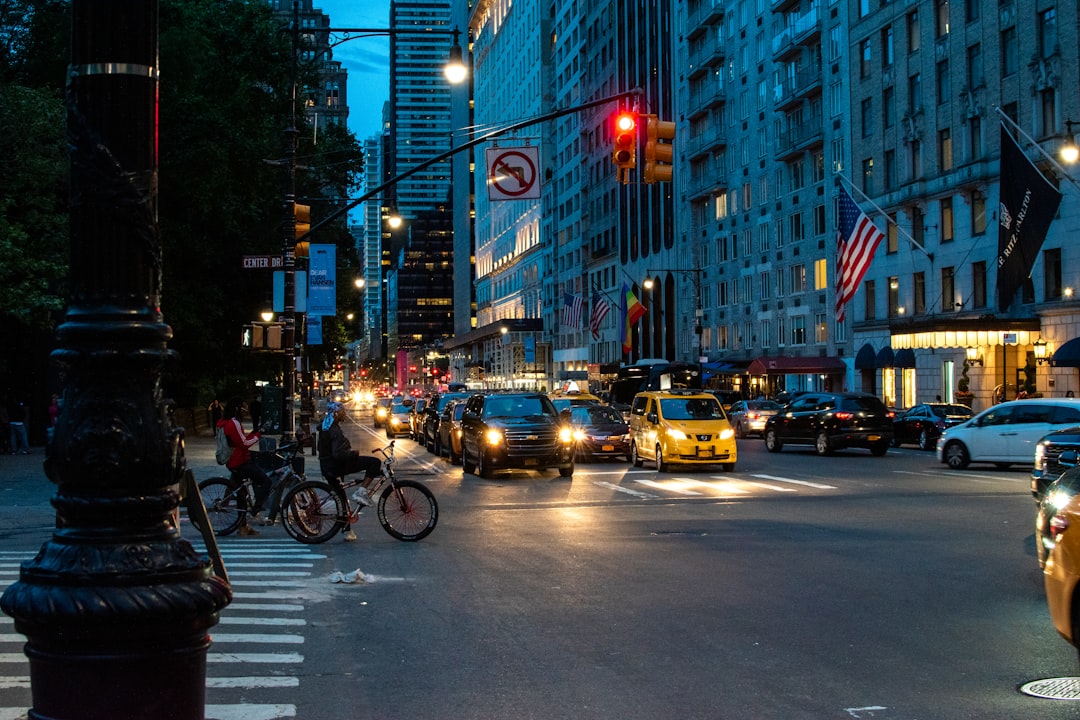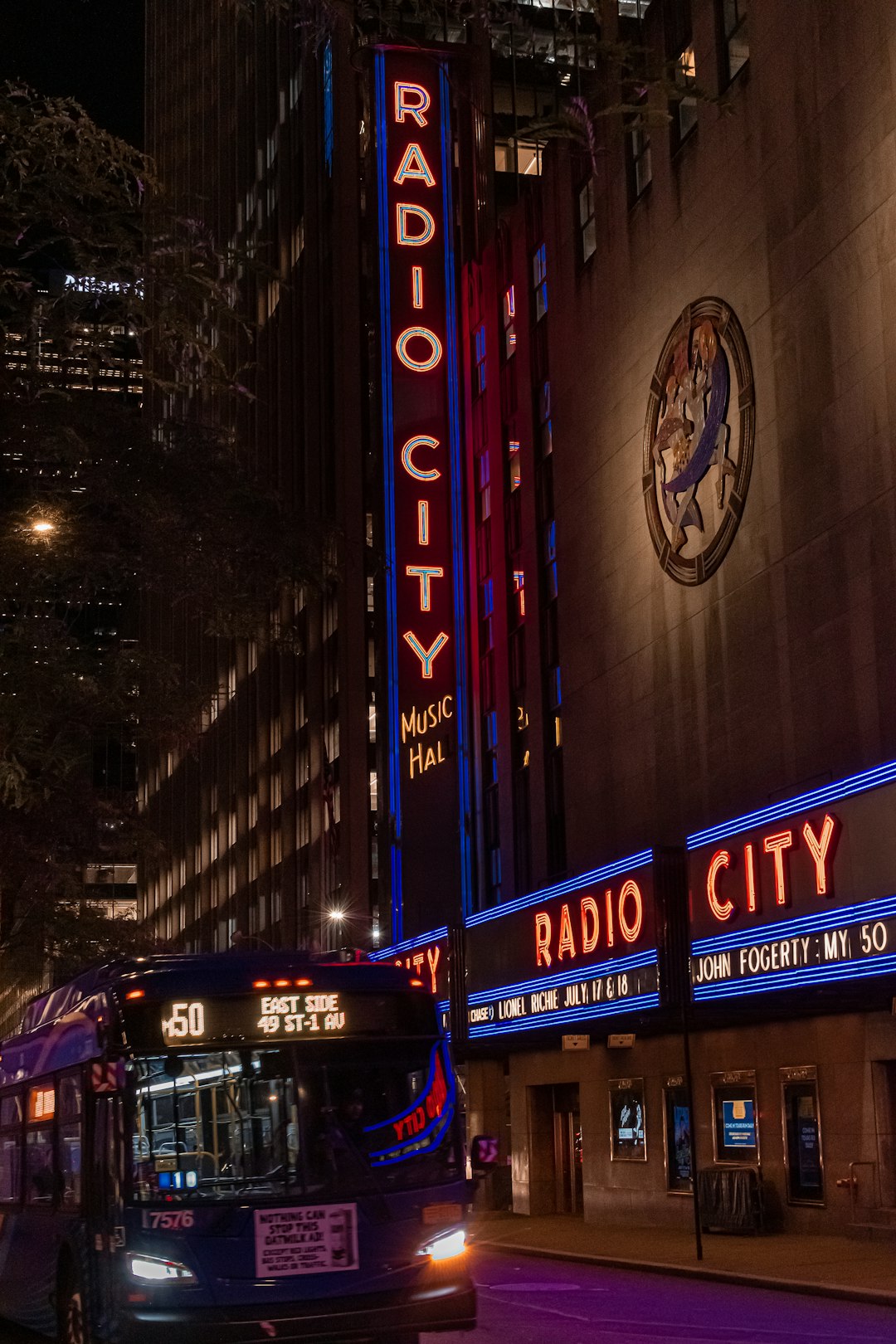Mediation offers an alternative to adversarial legal proceedings in child abuse cases, fostering open communication and collaborative problem-solving among parents, guardians, law enforcement, and child welfare agencies. While beneficial for reaching mutually agreeable solutions, it may not be suitable in New York City due to complex emotional trauma, power imbalances, and trust issues. Severe allegations or immediate safety concerns require traditional legal proceedings with experienced Child Abuse Lawyer New York. NYC Guidelines for Mediated Resolutions guide stakeholders towards cost-effective outcomes, prioritizing the best interests of affected children and fostering healing.
In navigating complex child abuse cases, mediation emerges as a critical alternative dispute resolution tool. This article explores when mediation is most appropriate in New York City, armed with guidelines tailored to these sensitive matters. We delve into the benefits and limitations, focusing on scenarios where a child abuse lawyer in New York might recommend mediation over traditional litigation. Understanding these parameters ensures informed decision-making for all involved.
Understanding Mediation in Child Abuse Cases

Mediation, in the context of child abuse cases, is a process that facilitates open communication and negotiation between all parties involved—parents, guardians, law enforcement, and child welfare agencies—with the primary goal of reaching a mutually agreeable solution for the child’s best interests. Unlike adversarial legal proceedings, mediation fosters an collaborative environment where sensitive discussions can take place without the pressure of court-mandated outcomes. For instance, in New York City, where child abuse cases are frequent, a qualified child abuse lawyer might recommend mediation as a viable alternative to lengthy and emotionally taxing trials.
This approach is particularly appropriate when parties share common goals, such as ensuring the safety and well-being of the child, resolving custody or visitation disputes, or establishing support systems. A neutral mediator, trained in family law and child development, guides these conversations, helping each party express their concerns while exploring creative solutions. Engaging in mediation can be beneficial for everyone involved, especially children who may experience less trauma from a more cooperative resolution compared to the high-stress environment of a courtroom.
When is Mediation Not Suitable?

While mediation can be a constructive approach in many legal disputes, it may not always be suitable for child abuse cases in New York City. These cases often involve complex emotional trauma and sensitive personal details that require specialized handling. Mediation might not be appropriate when there are significant power imbalances or trust issues between the parties involved, especially if one party is a victim of abuse.
Additionally, if the allegations of child abuse are severe or there is an immediate safety concern for the child, traditional mediation could be counterproductive. In such cases, the focus should be on ensuring the child’s protection and well-being through legal proceedings, where experienced child abuse lawyers in New York can advocate for their rights and best interests.
NYC Guidelines for Mediated Resolutions

In New York City, mediation is increasingly recognized as a valuable tool in the resolution of child abuse cases. The NYC Guidelines for Mediated Resolutions emphasize the importance of this alternative dispute resolution method, which can offer a more collaborative and cost-effective approach compared to traditional litigation. These guidelines provide a framework for involved parties, including parents, guardians, and child welfare agencies, to engage in mediation as a means to reach safe and agreeable outcomes for children affected by abuse.
The guidelines detail the roles of all stakeholders, ensuring that the best interests of the child are at the forefront. They outline the process steps, from initial agreement to signing a mediated settlement agreement, and highlight the confidentiality and voluntary nature of mediation. By adhering to these guidelines, child abuse lawyers in New York can facilitate fair and swift resolutions, ultimately promoting healing for victims and their families.





